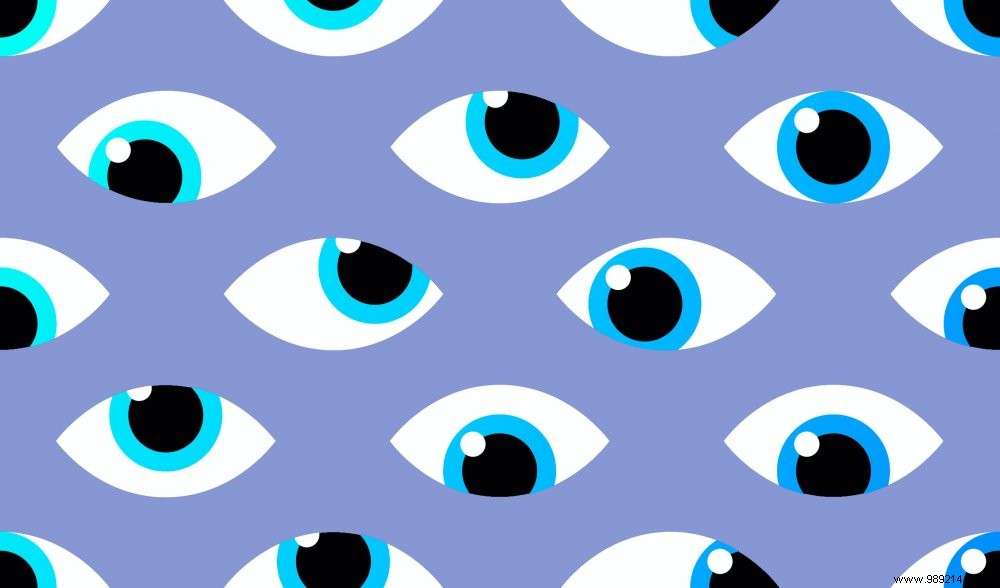 This unpleasant twitching sensation in the eye can have multiple origins. It is usually temporary, but if it persists it is better to talk to your doctor about it.
This unpleasant twitching sensation in the eye can have multiple origins. It is usually temporary, but if it persists it is better to talk to your doctor about it. Almost all of us have had sudden spasms near the eyes that irritate and disturb vision. Good news:the eyeballs are not directly affected. It is actually the eyelids that jump due to the involuntary contractions of the underlying muscles.
Doctors talk about fasciculations , as often happens in the calves or at the corners of the lips. And when these untimely jerks are associated with tears, they use the term blepharospasms instead. (in Greek, blepharon means eyelids).
“A small group of nerve fibers suddenly activates spontaneously, which creates a kind of electrical discharge that makes the muscles vibrate, explains Dr. Daniel Drachman, neurologist at Johns Hopkins University in Maryland (United States). This results in a localized mini-spasm that spreads to the skin."
These brutal blinks often occur after a bad night, prolonged visual work and/or abuse of screens (computer, smartphone, etc.). People who consume a lot of stimulants (coffee, energy drinks, etc.) and those who practice very intense physical activity are also subject to it repeatedly.
The contractions usually only last a few seconds, but they can occur several times a day for weeks before disappearing. Very annoying!
You can try to remedy this on the spot by exerting a brief pressure on the affected area. The effect is usually rapid but it is only temporary. To really remedy this, it is better to limit yourself to two cups of coffee a day and give yourself more rest. For restful sleep, go to bed at regular times, taking a little melatonin before bedtime if needed.
Video of the day:And to curb stress, breathe slowly through your belly, walk in nature or practice cardiac coherence. The RespiRelax and CardioZen apps can help.
Seven out of ten adults have a magnesium deficiency, which is likely to cause cramps, insomnia and nervousness. Fasciculations and tremors can also result because an insufficient level of magnesium increases the excitability of nerve and muscle fibers. So it only takes a little for them to contract.
In order to fill a possible lack of magnesium, increase your rations of fruits and vegetables to fight against the acidity of the body which causes magnesium to leak in the urine. In particular, stock up on almonds, pumpkin or flax seeds, grilled sesame, legumes (lentils, chickpeas, etc.), whole grains and dark chocolate (at least 70% cocoa):all these superfoods foods provide large amounts of magnesium.
In very rare cases, prolonged fasciculations - several months - can be warning signs of a neurological disease , such as polyneuritis or Charcot’s disease . Jumping eyes are rarely the only symptoms present:unusual cramps, severe muscle weakness and burning sensations also occur. But if in doubt, talk to your doctor.
Also check if your twitching eyelids are accompanied by spasms in the lower face, tongue or neck, or if you have trouble keeping your eyes open when you are not at all tired:these associated symptoms may suggest Meije's syndrome , a neurological condition that mainly affects women and can end up causing difficulty eating. Taken in time, drug treatment or botulinum toxin injections can easily overcome it.
Read also: